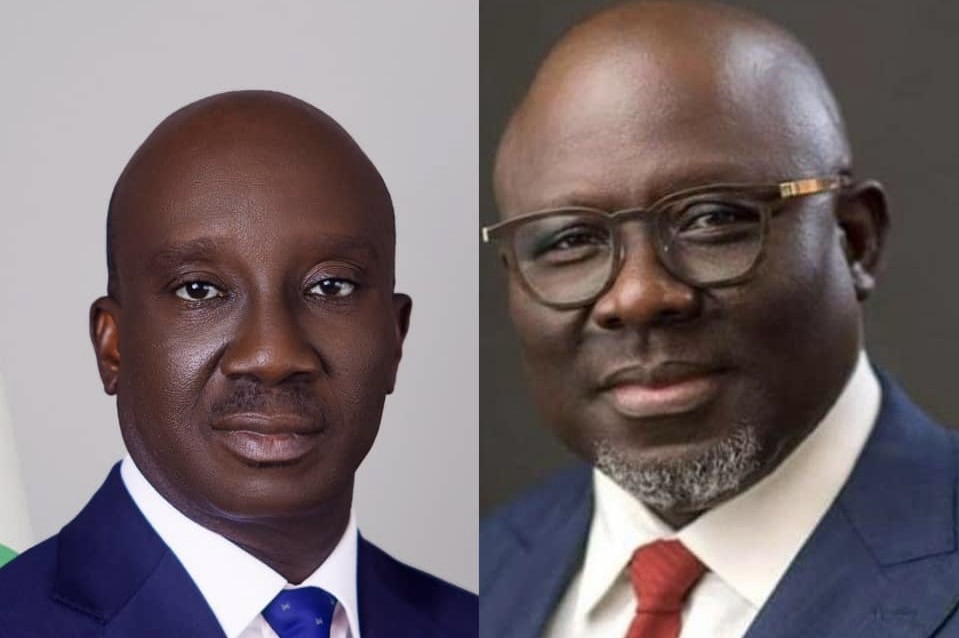Nigeria’s new President, Bola Ahmed Tinubu has said the Federal Government will no longer retain the scandalous petrol subsidy regime, considering the high cost of it and the need to assemble revenue to fund infrastructure provision and meet other government revenue requirements.
“Fuel subsidy is gone. Subsidy can no longer be justified, given the ever-increasing cost,” President Tinubu said today in his inaugural speech to unveil his programme for a four-year tenure as Nigeria’s 16th president.
Tinubu said his administration will extend the money to be saved from oil revenue to fund infrastructure, education, healthcare and job creation.
President Tinubu latest comment aligns with his manifesto, christened “Renewed Hope” as he indicated that the only way to ensure steady supply of petroleum products in Nigeria was through the removal of fuel subsidy.
“We shall phase out the fuel subsidy yet maintain the underlying social contract between government and the people. We do this by dedicating the money that would have been used on the subsidy to fund targeted infrastructural, agricultural and social welfare programs ranging from road construction, to boreholes, public transportation subsidies, education and healthcare funding programs. In this way, the funds are more directly and better utilised to address urgent social and economic needs.
“Our planned approach will not only mitigate the price effects of deregulation but will also result in the significant expansion of public infrastructure and improvement of the public well-being,” Tinubu said.
In 2022 alone, Nigeria expended N4.39 trillion on the payment of subsidy, contributing to FG’s high fiscal deficit.
The removal of subsidy is also seen as a necessary condition to attract the much-needed investments into the nation’s oil and gas sector, which has witnessed a number of divestments from the country by international oil companies.
On Nigeria’s multiple exchange rate regime, President Tinubu said the Central Bank of Nigeria must work towards a unified exchange rate. He also stressed the fact that the nation’s Monetary Policy Rate currently at 18.5% is anti-people and unproductive.
“Interest rate is currently too high. It’s anti people, anti-business. We have to work on all of those,” he stated.
Tinubu assured Nigerian voters that “The mandate you have given me is not misplaced. The confidence is there. Hope is back for Nigeria. Let us be united.”
Tinubu extended his call to other party candidates who contested the February 25 presidential election with him to join hands with him to build a strong and united Nigeria.
Tinubu promised to remodel the economy to grow it to the admiration of the world.
He assured that women and youth will feature prominently in his administration in line with his campaign promise.
Tinubu said he will fight corruption by strengthening all the anti-corruption agencies, while assuring that his government will prioritise security.
“Security shall be a top priority of our administration,” he stated. He promised to provide better training equipment for security officers, pay good remuneration and increase the number of officers.
He promised to entrench budgetary reform, stimulating the economy by coming up with industrial policies to utilise the full range of domestic manufacturing and reduce import dependency.
He also assured that electricity will be more affordable and increase power generation and distribution. “We will encourage state governments to generate electricity. Our government shall review all complaints about multiple taxation,” he said, while promising to create a good environment for local and foreign investors.
President Tinubu reiterated his commitment to his 1000 jobs creation promise, adding that his administration will continue from where former President Muhammadu Buhari stopped on infrastructure.
He stated that agricultural hubs will be created throughout the nation to increase production and engage in value added services and steps taken to minimise the perennial problems facing food production in Nigeria.
“Food will be made more affordable, yet, available,” he said.


